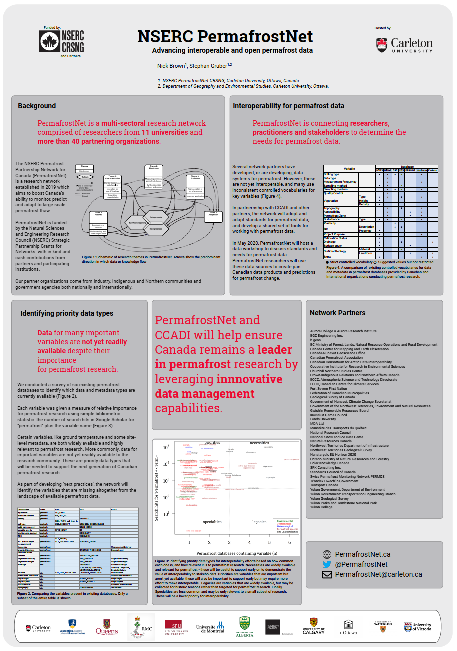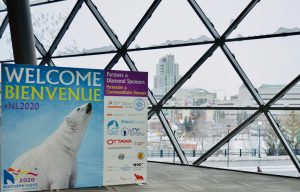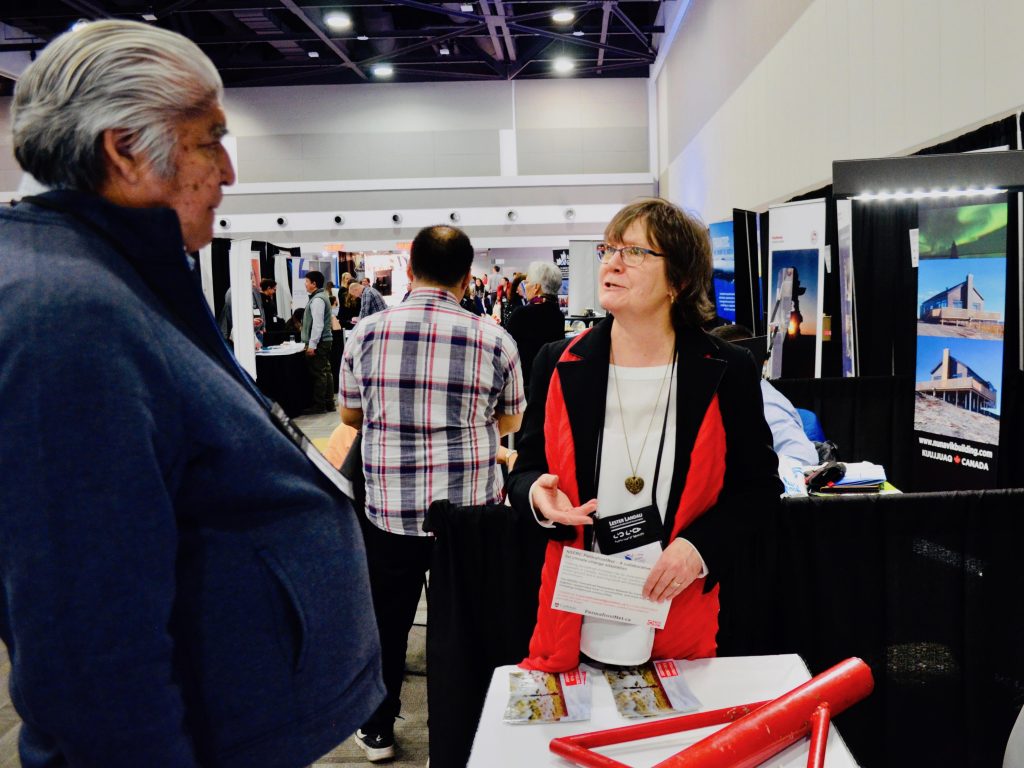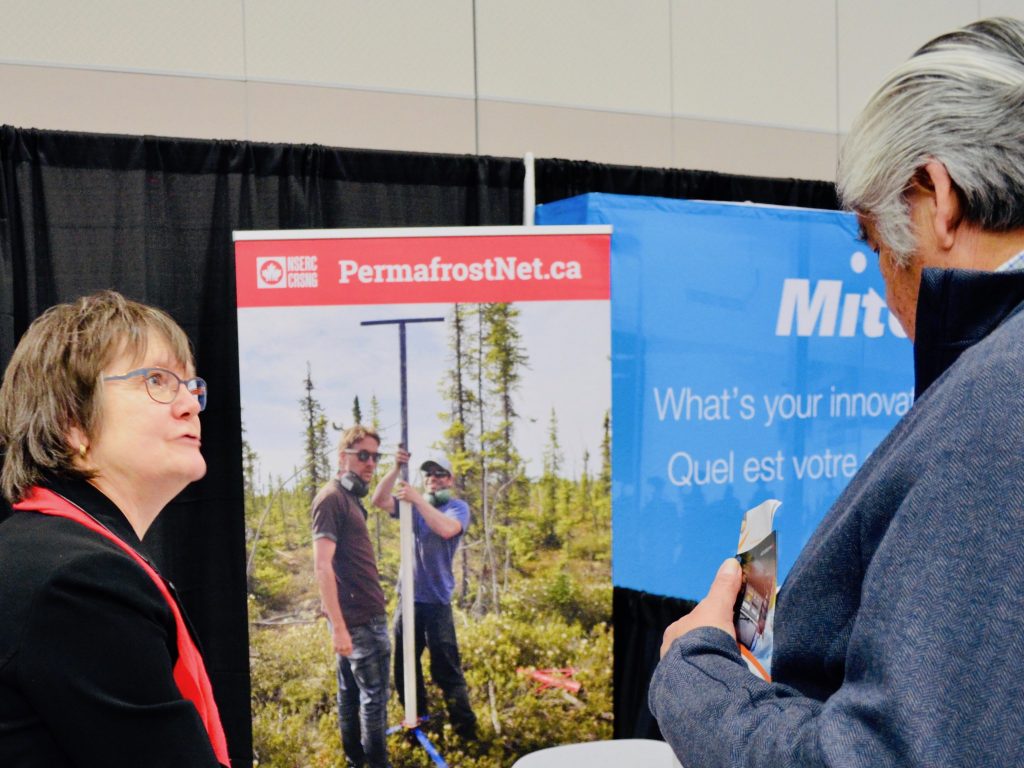In response to the COVID-19 outbreak, NSERC PermafrostNet is ensuring operational continuity and support for our staff, volunteers, researchers, and trainees. This complements the directives of individual organizations and public health officials. Key actions being undertaken are listed below.
- NSERC PermafrostNet’s offices are closed and staff are working from home.
- In addition to email, our team can still be reached by phone, Microsoft Teams or Zoom. General inquiries should be sent to permafrostnet@carleton.ca
- PermafrostNet-funded travel has been indefinitely postponed.
- The safety of all of our members, and especially our northern partners and their communities is a priority. NSERC PermafrostNet will be consulting with partners and the wider community so that we respect their decisions and concerns about health and safety.
- NSERC PermafrostNet has cancelled field plans for summer 2020. We will begin reconsidering field work only once it is acceptable to partners and communities in those locations.
- The network will move planned events online where possible, for example the two-day permafrost data workshop in the last week of May.
- The Field Work Training Exercise that had been planned for May 2020 has been postponed to 2021.
Please follow us on Twitter, LinkedIn or by signing up to our newsletter for the latest updates.






























